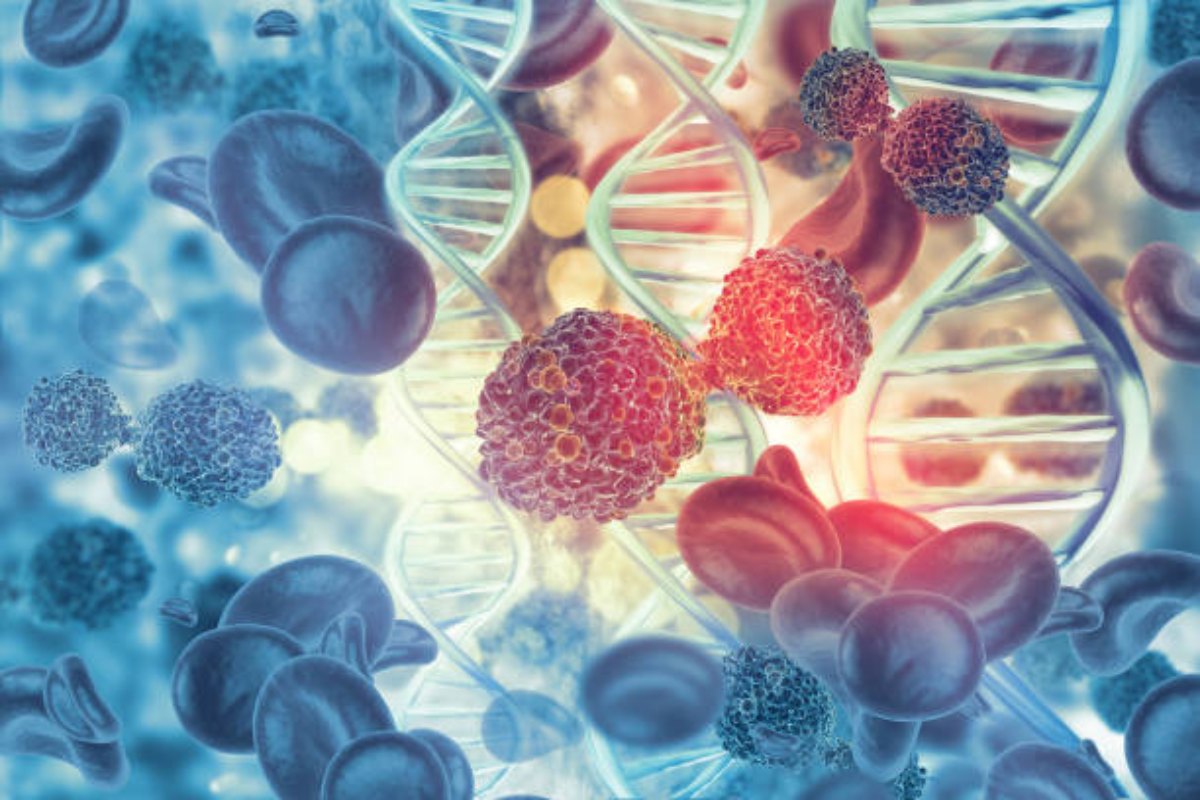Food allergy mitigation in India
Food allergies are not uncommon in today's world. Practically most household has at least one person who has a food allergy, whether it is to the most prevalent peanut, eggs, fish, or milk, among others.
DNA interactions within the genomic segment encompassing the ETS1 gene control how much of the ETS1 protein is made.

[Representational Photo : iStock]
Researchers have identified how genetic differences that alter a specific protein can affect the human body’s response to allergies.
A team from the University of Pennsylvania, in an animal model, found that small changes in the protein called ETS1 can lead to an increased likelihood for allergic reactions that cause inflammation. The findings were published in the journal Immunity.
By using modern genomics and imaging techniques, researchers found that the ETS1 protein plays a role in controlling a type of immune cell called CD4+ T helper cells, which are important in allergic reactions and help orchestrate the immune response by activating and coordinating other immune cells.
Advertisement
DNA interactions within the genomic segment encompassing the ETS1 gene control how much of the ETS1 protein is made.
“We discovered that these interactions work like a dimmer switch,” said Golnaz Vahedi, Associate Professor of Genetics, at the varsity’s Perelman School of Medicine.
“When there are changes in the DNA in this area, it can mess up the dimmer switch, causing problems with controlling the ETS1 protein. This can lead to imbalances in our immune cells and cause allergic inflammation,” she added.
While there has been progress in understanding genetic traits that follow predictable patterns, like those passed down from parents, it’s been more challenging to understand conditions that involve many different genes and are common in populations. These complex conditions cannot be explained by simply “turning off” one gene.
Instead, they may be caused by small changes in the DNA that affect how genes work together. However, researchers still do not know much about how these changes in DNA relate to how our genes are organised or how they affect how genes are expressed in most complex diseases.
“This work demonstrates how small differences in our DNA can disturb the balance between our immune cells, resulting in significant observable characteristics in patients. This phenomenon may occur in other common diseases such as autoimmune disorders,” said Jorge Henao-Mejia, Associate Professor of Pathology and Laboratory Medicine at the Perelman.
Advertisement